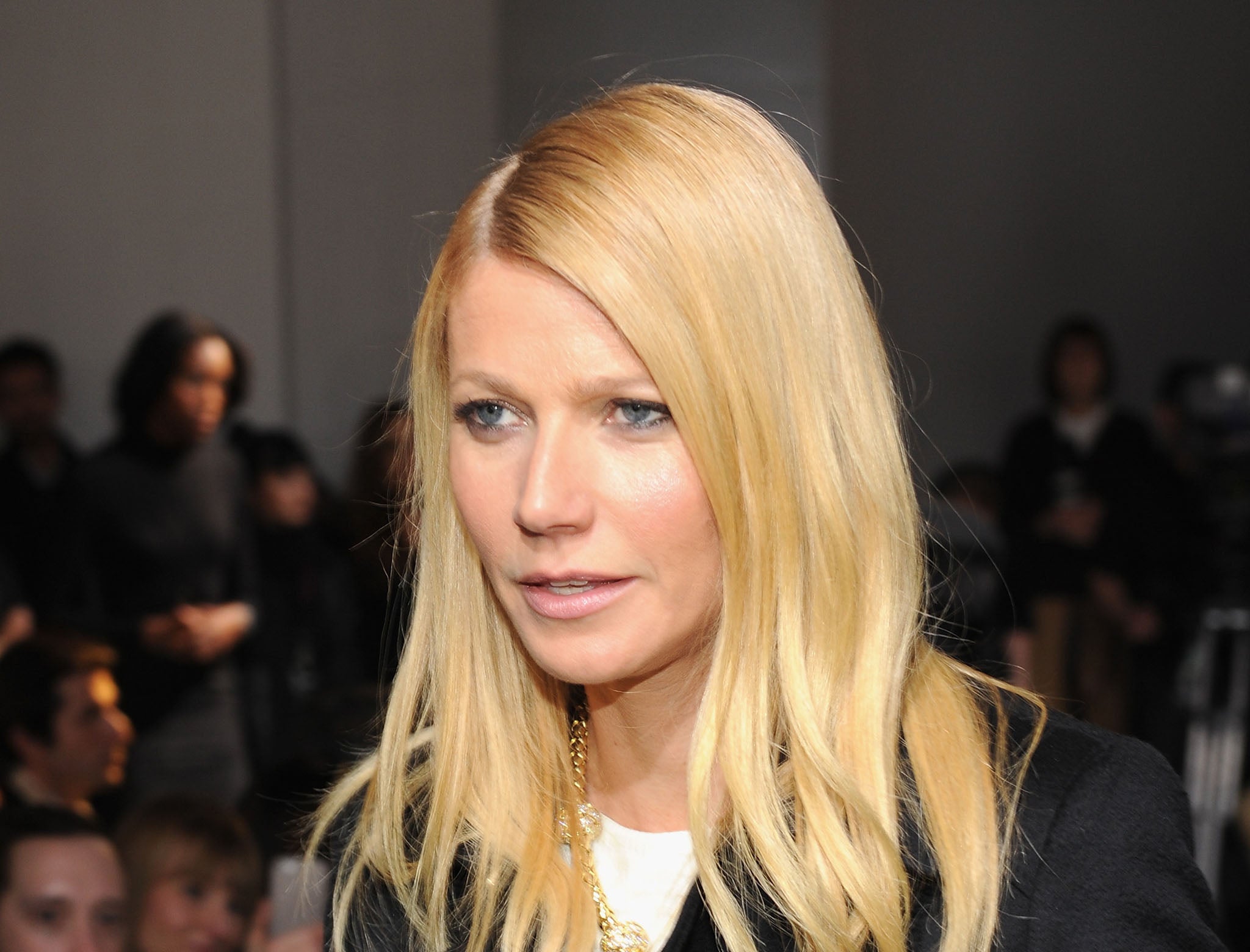Gwyneth Paltrow thinks negative words and sounds can hurt water’s feelings
The ‘consciously uncoupled’ star follows the work of Japanese scientist Masaru Emoto, whose experiments also include shouting at rice

Your support helps us to tell the story
From reproductive rights to climate change to Big Tech, The Independent is on the ground when the story is developing. Whether it's investigating the financials of Elon Musk's pro-Trump PAC or producing our latest documentary, 'The A Word', which shines a light on the American women fighting for reproductive rights, we know how important it is to parse out the facts from the messaging.
At such a critical moment in US history, we need reporters on the ground. Your donation allows us to keep sending journalists to speak to both sides of the story.
The Independent is trusted by Americans across the entire political spectrum. And unlike many other quality news outlets, we choose not to lock Americans out of our reporting and analysis with paywalls. We believe quality journalism should be available to everyone, paid for by those who can afford it.
Your support makes all the difference.In the latest episode of ‘Gwyneth Paltrow states the absolute ridiculous’, the actress has claimed that saying negative things to water can hurt its feelings.
The ‘consciously uncoupled’ star revealed that she follows the work of Japanese scientist Masaru Emoto, whose experiments attempt to investigate whether human consciousness has a direct effect on the molecular structure of water.
His theories go as far as to claim that shouting at rice – as one so frequently does – could turn it bad.
“I am fascinated by the growing science behind the energy of consciousness and its effects on matter,” Paltrow wrote in a blog post for her much derided clean living website GOOP.
“I have long had Dr Emoto's coffee table book on how negativity changes the structure of water, how the molecules behave differently depending on the words or music being expressed around it.”
Handing over the keyboard to friend Dr Habib Sadeghi to explain what on earth she was talking about, he wrote: “Japanese scientist Masaru Emoto performed some of the most fascinating experiments on the effect that words have on energy in the 1990s.
“In his experiments, Emoto poured pure water into vials labelled with negative phrases like 'I hate you' or 'Fear'. After 24 hours, the water was frozen, and no longer crystallised under the microscope: It yielded grey, misshapen clumps instead of beautiful lace-like crystals.
“In contrast, Emoto placed labels that said things like 'I love you' or 'Peace' on vials of polluted water, and after 24 hours, they produced gleaming, perfectly hexagonal crystals.”
Her insightful post comes just a week after she compared dealing with internet trolls to being a survivor of war.
Speaking ahead of her appearance at the Code technology conference in California last Tuesday (27 May), she said: “You come across [comments] about yourself and about your friends, and it’s a very dehumanising thing. It’s almost like how, in war, you go through this bloody, dehumanising thing, and then something is defined out of it.”
“My hope is, as we get out of it, we’ll reach the next level of conscience,” she concluded.
Join our commenting forum
Join thought-provoking conversations, follow other Independent readers and see their replies
Comments